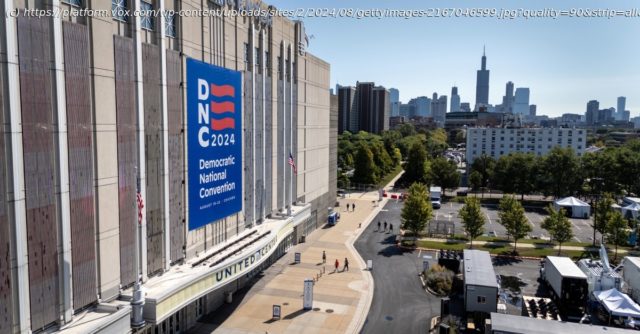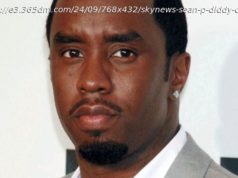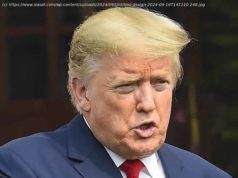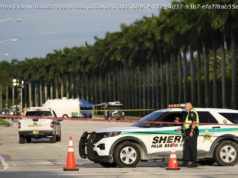The 1968 Democratic National Convention was chaos. What can that tell us about 2024?
Chicago is hosting the Democratic National Convention (DNC) this year. It’s the first time the city has hosted a major party convention since 1968, when the DNC descended into riots in the street and chaos on the convention floor.
That year, Americans, and especially Democrats, were up in arms over the US involvement in the Vietnam War. Democratic presidential candidate Robert F. Kennedy had been assassinated earlier that year, and the party entered the convention divided between pro- and anti-war candidates (Hubert Humphry and Eugene McCarthy, respectively). And unlike a contemporary major-party convention, 1968 wasn’t a coronation of one candidate: It would come down to how the delegates voted.
This year, protesters are out in force to raise their voices against the US involvement in the war in Gaza. Two young activists we spoke with even mirrored language from 1968, saying, “The whole world is watching.” Thousands are marching across downtown Chicago today. With that in mind, Today, Explained reached out to historian, journalist, and Chicago resident Rick Perlstein to ask whether 2024 risks a repeat of the disaster of 1968.
Listen to the full conversation and follow Today, Explained on Apple podcasts, Spotify, Pandora, or wherever you find podcasts.
This conversation has been edited for length and clarity.
Let’s go back to the summer of ’68. What was the backdrop to the convention in August of that year?
The Democratic Party was divided down the middle on the issue of the Vietnam War.
[The party’s infighting was] escalated by a Democratic president, Lyndon Johnson, who believed [that by supporting the war] he was continuing the wishes of the martyred president, John F. Kennedy. A lot of Democrats saw [the war] as part of this great anti-communist crusade, and a lot of people saw it as imperialism — that we were interfering in another country’s civil war. The idea that we had to get out was very prevalent on the left wing of the Democratic Party.
Johnson decided he wasn’t going to run for president. So by the time delegates arrived at the convention, Johnson’s loyal vice president, Hubert Humphrey, was the nominee apparent. He had been coerced into loyally supporting the war, even though he had grave reservations about it. The question of whether he would be nominated or Eugene McCarthy [a Minnesota senator who was vocally anti-war] would be nominated was live in the air. It looked like Humphrey had it wired, but [the struggle between the two men] was kind of a proxy fight.
At the same time, protesters from all over the country flooded in. There’s a separate Chicago context. Several months earlier that spring, there had been terrible riots [on the city’s south and west sides] after the assassination of Martin Luther King. There had been an anti-war rally a couple of weeks later, and there were terrible beatings [by police]. So there was dread and anticipation: What would happen when the city hosted thousands of protesters who were much more radical than the kind of protesters we see now? And everyone arrives in this city, which is run by this almost oligarchic mayor, Richard J. Daley, who intended no disorder in his city that he was putting on display for the entire world.
Disorder came anyway. Tell me two things: What did Daley do to try to prevent disorder, and how did it go so very wrong?
One of the things he did to try to prevent disorder was to string along these two groups of protesters who wanted to come to the city by not granting them official permission to sleep in Lincoln Park.






